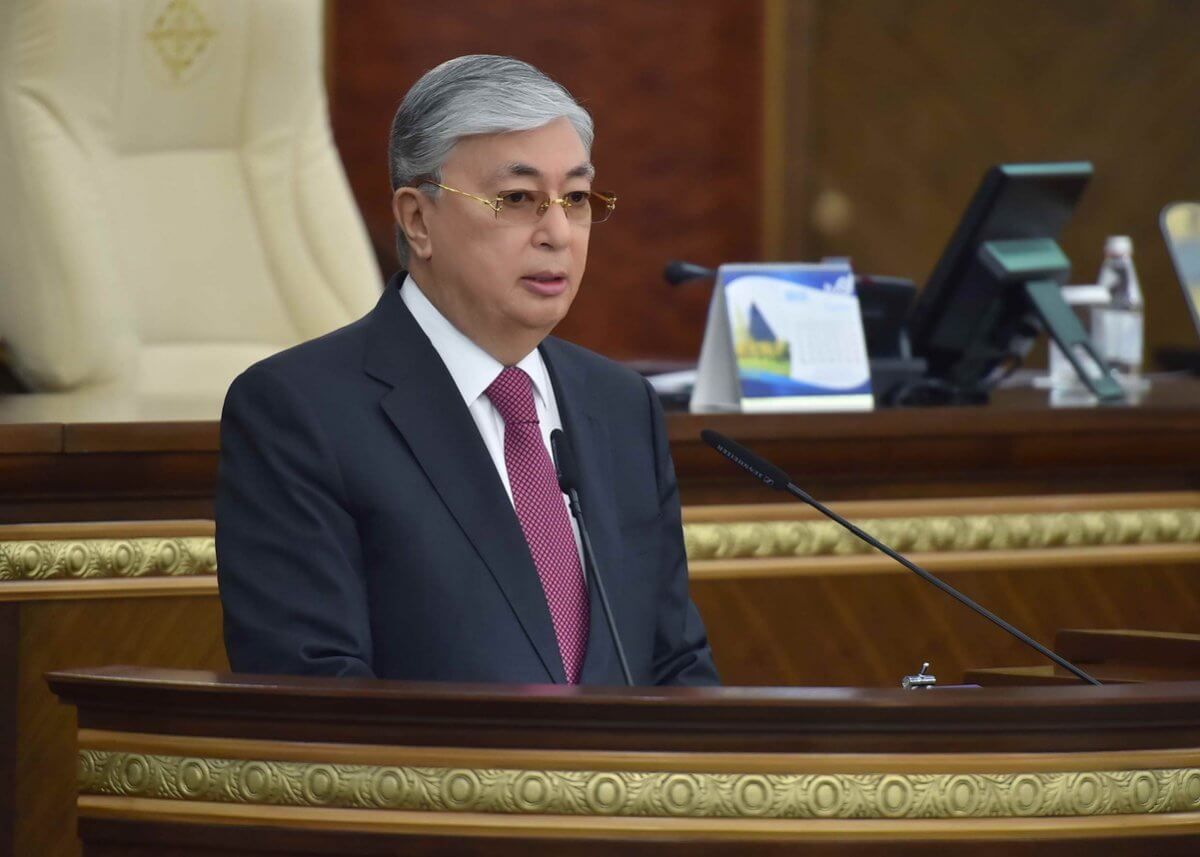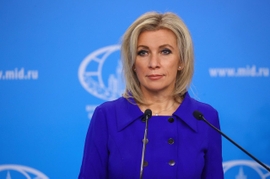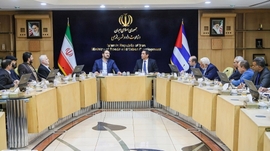Kazakhstan’s President Kassym-Jomart Tokayev has unveiled a plan to determine the fate of the country’s first nuclear power plant through a referendum.
The announcement came during his national address on Friday, as Kazakhstan's president charted a new economic trajectory for the country.
“The development of nuclear energy has become a very important economic and political issue," Trend quoted Tokayev as saying.
Highlighting Kazakhstan's unique position as the world's largest uranium producer, the president said that Kazakhstan has “every right to build a nuclear power plant in our country.”
“Some experts believe that small nuclear power plants should be built,” he added. “However, many citizens and some experts are skeptical about the safety of nuclear power plants. That's why we need to continue public hearings, detailed, wide-ranging discussions on this issue. We need to take the final decision on important strategic issues through a referendum.”
The Central Asian nation's government has long been discussing the construction of a nuclear power plant. In 2021, President Tokayev urged the energy officials not to shelve the issue. He said that the decision to build a nuclear power plant in the country would have to be made anyway, no matter how unpopular it might be.
In the same year, Tokayev ordered the government and Samruk-Kazyna National Wealth Fund to comprehensively study the possibility of developing a nuclear power industry in Kazakhstan. According to the president, by 2030, Kazakhstan will face a power shortage.
According to reports, the country’s first nuclear power plant will be built near Lake Balkhash in the Almaty region. After deciding on the site for the nuclear power plant, Kazakh authorities were studying the technologies of potential suppliers.
Building nuclear power plants is costly, and some analysts say the cost of constructing unit could be approximately $5 billion. Additional costs include storage and disposal of radioactive waste, as well as the subsequent dismantling of exhausted reactors decades later.
Kazakhstan is ranked as the world’s biggest uranium producer, holding about 12 percent of the world’s recoverable uranium resources. Nuclear security has always been a top priority for the government in Nur-Sultan. None of the country’s uranium has been used to generate electricity for decades. Kazakhstan opened a facility in 1973 to produce electricity and desalinate water. However, in 1999, the facility closed its doors after the Kazakhstani government joined the global non-proliferation regime.
Kazakhstan offers competitive advantages for the development of nuclear energy, which is considered clean energy technology since it does not generate any carbon emissions.







 U.S. Secretary of State Antony Blinken reiterated Washington’s unwavering support for the ongoing peace process between Azerbaijan and Armenia in a...
U.S. Secretary of State Antony Blinken reiterated Washington’s unwavering support for the ongoing peace process between Azerbaijan and Armenia in a...
 The Iranian and Cuban transport ministers have discussed expanding maritime and air transportation cooperation.
The Iranian and Cuban transport ministers have discussed expanding maritime and air transportation cooperation.
 Iran is moving to fortify its eastern border with Afghanistan in a bid to fight illegal migration and drug trafficking, along with enhancing security.
Iran is moving to fortify its eastern border with Afghanistan in a bid to fight illegal migration and drug trafficking, along with enhancing security.
 Kyrgyzstan has joined the extensive reconstruction efforts in the Karabakh region of Azerbaijan, after a series of mega initiatives were launched b...
Kyrgyzstan has joined the extensive reconstruction efforts in the Karabakh region of Azerbaijan, after a series of mega initiatives were launched b...



